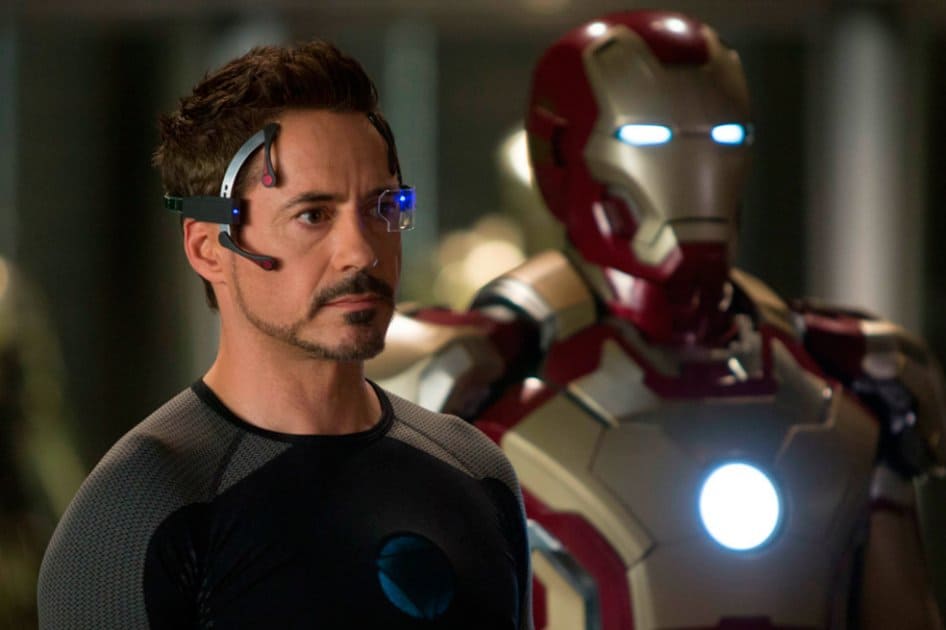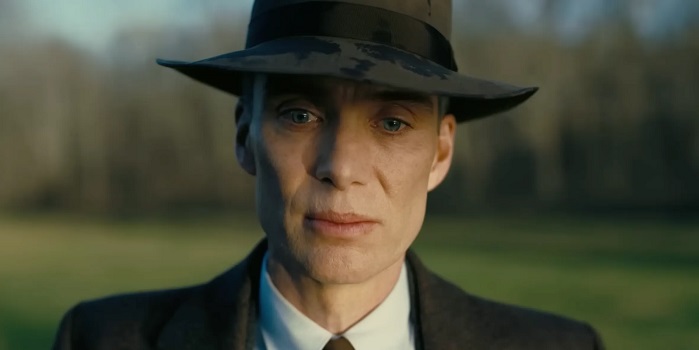Hollywood is a business first and foremost. As great as it would be for artists to make any films they choose, the corporate bigwigs ultimately get the final say on whether a project comes to life. However, Hollywood has a knack for getting too greedy these days. Of course, the purpose of any business is to make tons of money. But there’s a massive downside when the business aspect is the only pure focus.
The purpose and true meaning of films is to feel like an escape into a different reality that takes you on an incredible journey. The time and investment in characters are crucial because we as the audience want to feel that our money is well spent on something valuable. But when a film is milked bone dry, it can often diminish the importance of storytelling and kill people’s enthusiasm for future projects.
The Constant Retelling Of Stories Is Coming Back To Haunt The Business

The Fast and the Furious franchise just had their tenth film. Mission Impossible is at seven. Transformers: Rise of the Beasts is at six. If James Cameron is right about developing another Terminator film then it would be the seventh entry (eighth if you include the Sarah Connor Chronicles spin-off). I can keep going on and on about franchises that are deep in the numbers stage.
The problem with consistently telling the same stories over and over again is that it starts to become predictable and loses its true sense of purpose. Terminator ended with Judgment Day. There was never a need for another entry, as each of the respective films has felt like nothing more than a cash cow. Imagine if executives spent that money on something original and new. Every Terminator film had a production budget of over $100 million. In total, over $600 million was spent on trying to recapture the magic that the first two films had.
Consistently going back to the same story and trying to put a new spin on it is doing more harm than good. The sense of excitement and intrigue is completely lost as it all feels like a cash grab at the end of the day. Movies shouldn’t feel like a cash grab as fans don’t care about the business aspect. They care about the stories that are being sold.
Audiences Like It When Characters Have Endings

There’s a huge reason that the Marvel Cinematic Universe was a giant success. Starting with Iron Man, each film was built to something larger until Avengers: Infinity War and Endgame. But each of the films in phases one through four stood on its own merit and never smacked audiences in the face about the future.
Endgame was highly regarded because it felt like the journey was over for most of the characters. Sam Rodgers/Captain America got his happy ending. Tony Stark met his tragic ending. If Kevin Feige and Disney opted to end their superhero saga at Endgame then it would’ve been deemed one of the greatest story arcs in cinema history. Audiences invested time and money watching these characters grow as the world evolved. They were rewarded with a satisfactory ending.
The MCU is struggling because it feels directionless, and more importantly, it comes across as Marvel resting on its laurels based on the success of the first four phases. The same can be said for nearly every sequel or remake listed here, a never-ending story is being told with no finished goal in sight.
It Allows For New Worlds To Open Up

This should be a no-brainer, but when was the last time a set of fresh and original ideas (that wasn’t based on an established property) broke through in Tinseltown? Avatar is an obvious one. So is John Wick. But we need more films other than blockbusters to crowd the cinema market. Though with the box office failures of The Creator and Killers of the Flower Moon, Hollywood could sadly take that as a sign that audiences aren’t that interested in original content.
Horror is the only genre that’s been growing and evolving because the films are usually cheap. Other genres like comedy, romance, drama, or sci-fi are suffering because of the oversaturation of blockbusters. The business will never truly grow if Hollywood can’t simply let franchises end and find something new. The current landscape of cinema has a staleness to it. It’s arguably the biggest reason that Barbie and Oppenheimer did so well because they’re fresh and original properties in the midst of the same old, same old.
It’s okay for stories to end. Not every world needs a million spin-offs to explain certain events. Not every character needs a prequel or series. The law of diminishing returns is in full effect, and by not effectively having an end goal in sight, audiences don’t feel their time and money are worth the investment of most modern films.
 Follow Us
Follow Us





